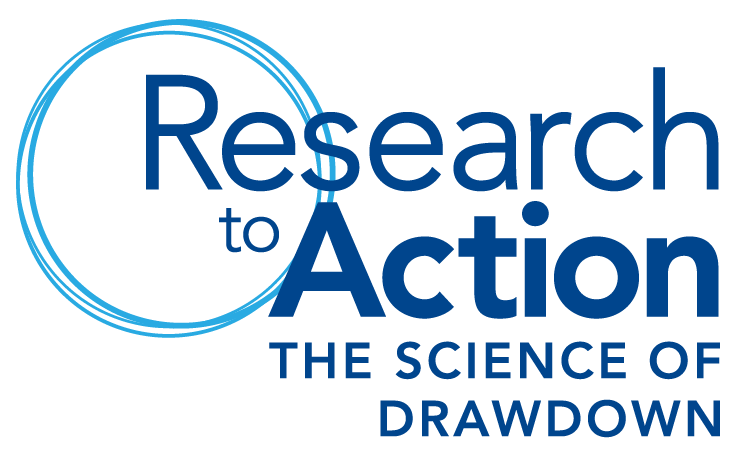Faecal valorization is the process of transforming human faecal sludge into useful products such as fertilizer, animal feed and combustibles. It is a viable solution to the issue of inadequate sanitation because it incentives investment in sanitation systems. Additionally, it is associated with economic and environmental benefits. This study expanded upon past research focused on industrial interest in products from faecal sludge by examining consumer interest in end products from industries that make use of these products. Johannesburg, South Africa was chosen as the focus for this study due to the need for improved sanitation, alternative sources of energy and more affordable agricultural materials throughout the country. Further, Johannesburg sanitation systems collect over 90% of faecal sludge produced in the city, providing an opportunity for large scale faecal valorization operation.
Estimates developed from a review of existing literature demonstrated high potential revenues for products from faecal valorization and associated end products. A questionnaire was also distributed at the University of Witwatersrand and its environs, posing as a case study of Johannesburg, in order to determine consumer interest in end products and the effect of different incentives on interest level. Analysis of the questionnaire results revealed a preference for products that do not require direct physical contact and identified societal benefit as the strongest incentive for consumption. The findings of this study support the feasibility of a market based on end products from faecal sludge in South Africa, with suggestions for how to best focus implementation efforts and future market research.

